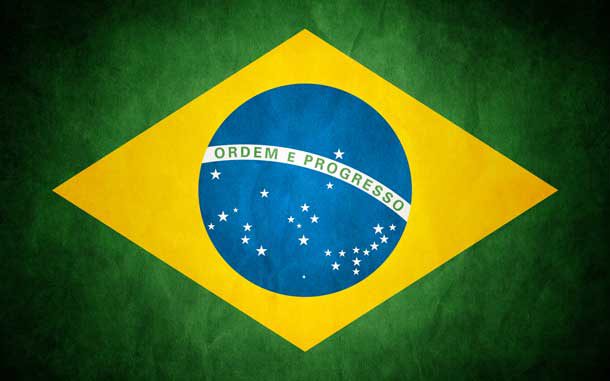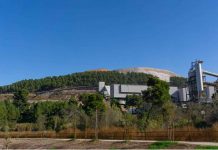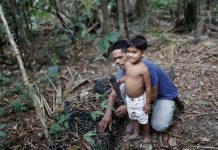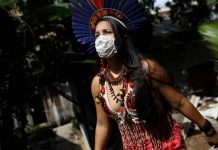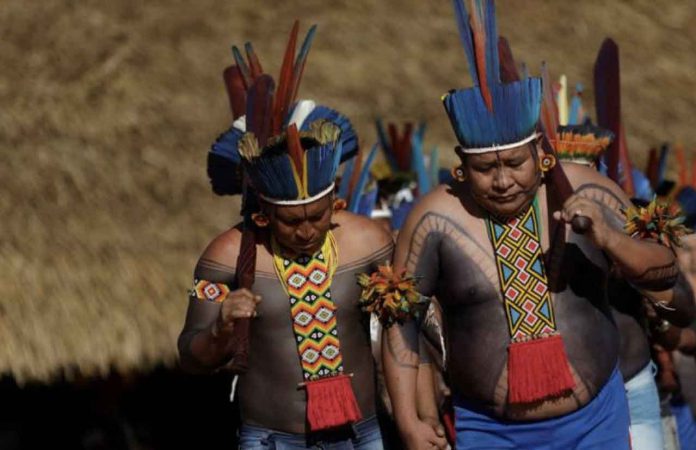
The bill would would allow the government to build on the lands without consulting indigenous communities
* Bill would give mining, agribiz access to reservations
* Indigenous leaders hope Supreme Court will strike it down
By Anthony Boadle
BRASILIA, June 29 (Reuters) – A bill allowing commercial agriculture and mining on protected tribal reservations in Brazil advanced in Congress on Tuesday in what indigenous leaders said could be the biggest setback since their land rights were guaranteed in the 1988 Constitution.
The proposal, known as PL 490, cleared the constitutional affairs committee and headed for the lower house plenary.
Brazil’s powerful farm lobby and far-right President Jair Bolsonaro have pushed for the bill, arguing that indigenous communities are blocking development of the Amazon while sitting on reservations with mineral resources and agricultural promise.
PL 490 bars recognition of indigenous lands not occupied by October 1988, favoring farmers in several ongoing land disputes. The bill would also end a ban on the use of GMO crops on reservations.
It would also allow the government to build roads and dams, tap strategic resources on reservations and allow access to the police and military without consulting indigenous communities.
“This is the worst moment since 1988 for the rights that indigenous people gained,” Almir Surui, chieftain of the Paiter Surui, said by telephone from the state of Rondonia.
Surui, who made his name campaigning against hydroelectric dams that left-wing governments worked to build in the Amazon a decade ago, hopes that the Supreme Court will rule that the measure in unconstitutional and block its enactment into law.
If not, he warned of potential conflicts to come.
“There will be war because indigenous people will not allow their territories to be taken at any cost,” said Surui, who heads a forum of traditional tribal chiefs called Parlaindio.
Last week, riot police used tear gas and rubber bullets to disperse indigenous people protesting against the bill outside Congress.
Protesters, including children and elders, ran for cover, many coughing their way through clouds of gas. Some shot arrows at the windows of the government’s indigenous affairs agency Funai, now seen as an ally of farming interests.
(Reporting by Anthony Boadle in Brasilia; Editing by Angus MacSwan)

